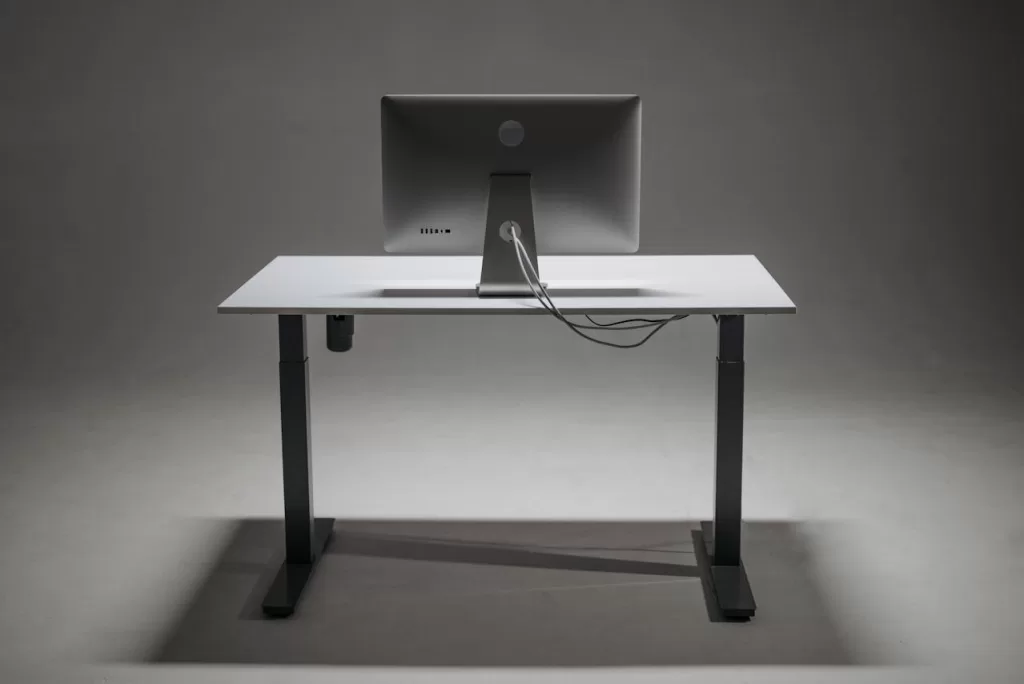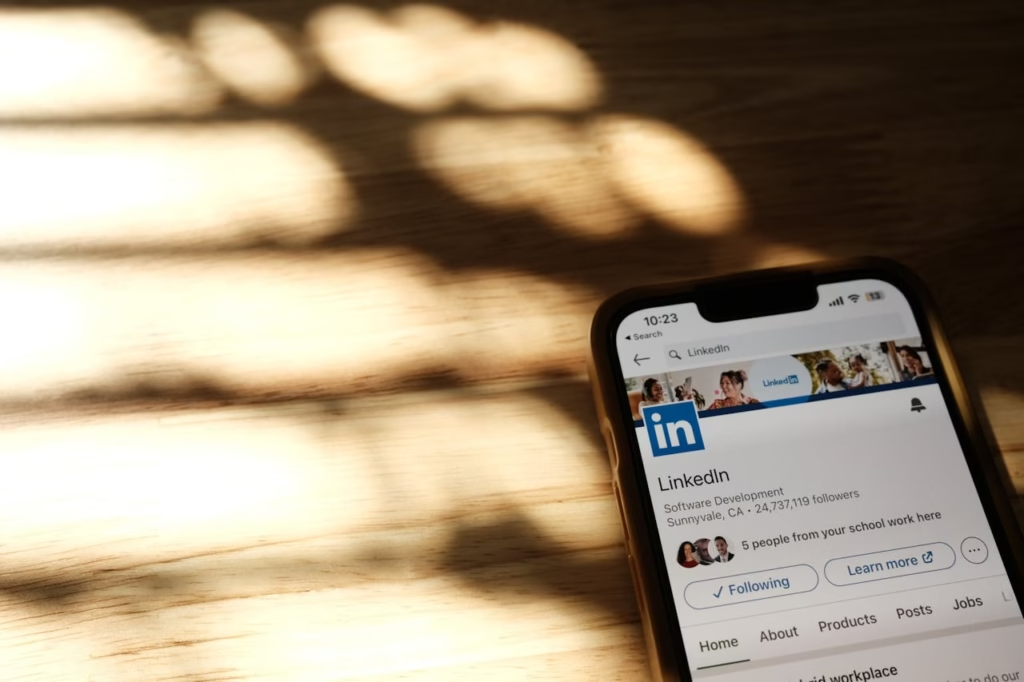As Generation Z enters the workforce, their distinct preferences and expectations are reshaping the traditional office landscape.
Born between the mid-1990s and early 2010s, Gen Z brings a fresh perspective that contrasts sharply with those of Baby Boomers, Generation X, and Millennials. Understanding these differences is crucial for organisations aiming to attract and retain top talent from this emerging demographic.
Work-Life Balance and Flexibility
Gen Z places a high value on work-life balance and flexibility, even more so than their Millennial predecessors. According to a survey by Deloitte, 75% of Gen Z respondents expect flexible work hours and the ability to work remotely.
While Millennials pioneered the demand for flexible working arrangements, Gen Z has taken it a step further by expecting remote work options and flexible hours as standard. In contrast, Baby Boomers and Gen Xers typically accepted more rigid work schedules, often prioritising job security and traditional career progression over personal time.
Digital Natives
 Unlike any previous generation, Gen Z has grown up with technology seamlessly integrated into their daily lives. They are true digital natives, comfortable with a wide range of digital tools and platforms. A report by McKinsey highlights that 98% of Gen Z owns a smartphone and 85% use social media to learn about products and services . This comfort translates into an expectation for a workplace equipped with cutting-edge technology and a preference for digital communication.
Unlike any previous generation, Gen Z has grown up with technology seamlessly integrated into their daily lives. They are true digital natives, comfortable with a wide range of digital tools and platforms. A report by McKinsey highlights that 98% of Gen Z owns a smartphone and 85% use social media to learn about products and services . This comfort translates into an expectation for a workplace equipped with cutting-edge technology and a preference for digital communication.
Baby Boomers and Gen X, who experienced the advent of personal computing and the internet later in life, may not share the same level of tech-savviness, often preferring face-to-face interactions and more traditional communication methods.
Value-Driven Employment
Gen Z is highly motivated by values and purpose. They seek employers whose values align with their own, particularly in areas like social responsibility, environmental sustainability, and diversity and inclusion. A survey by IBM found that 75% of Gen Z respondents consider sustainability a key factor in choosing an employer.
Millennials share similar values, but Gen Z’s commitment appears even stronger, often influencing their job choices and loyalty. Baby Boomers and Gen X, while valuing ethical practices, traditionally focused more on job stability and financial rewards.
Continuous Learning and Development
Professional development and continuous learning are top priorities for Gen Z. According to LinkedIn’s 2022 Workplace Learning Report, 76% of Gen Z employees believe learning is the key to a successful career . They expect their employers to provide ample opportunities for growth, skill enhancement, and career advancement.
This contrasts with Baby Boomers, who often viewed job roles as long-term commitments with a more gradual career progression, and Gen X, who sought work-life balance but often had to fight for career advancement opportunities. Millennials also value development, but Gen Z’s rapid adaptability and shorter attention spans make ongoing training even more critical.
Mental Health and Wellbeing
Gen Z is more open about mental health issues than previous generations and expects their employers to support their wellbeing. The American Psychological Association reports that 91% of Gen Zers have experienced at least one physical or emotional symptom due to stress. They look for workplaces that offer mental health resources, promote a healthy work environment, and encourage a positive work culture.
This openness is a stark contrast to Baby Boomers and Gen X, who typically did not discuss mental health in the workplace. Millennials began to break this stigma, but Gen Z is pushing for more comprehensive support systems.
Diversity and Inclusion
Diversity and inclusion are non-negotiable for Gen Z. They expect their workplaces to reflect a wide range of backgrounds, perspectives, and experiences. A survey by the Pew Research Center shows that 62% of Gen Zers believe increasing racial and ethnic diversity is good for society.
While Millennials have also advocated for diversity, Gen Z sees it as a baseline requirement rather than a desirable attribute. Baby Boomers and Gen X may support diversity initiatives, but they did not grow up with the same level of societal emphasis on inclusivity.
Feedback and Recognition
Gen Z thrives on regular feedback and recognition. They prefer a collaborative and communicative work environment where their contributions are acknowledged frequently. This need for instant feedback aligns with the fast-paced, digital world they’ve grown up in. According to a report by Gallup, 60% of Gen Z employees want multiple check-ins with their manager each week .
In contrast, Baby Boomers and Gen X experienced more hierarchical and formal feedback systems, while Millennials helped to shift toward more frequent and informal feedback loops.
As Gen Z continues to enter the workforce, their unique needs and expectations will drive significant changes in workplace culture and practices. Organisations that adapt to these preferences—by offering flexibility, leveraging technology, aligning with values, fostering continuous learning, supporting mental health, promoting diversity, and providing regular feedback—will be better positioned to attract and retain this new generation of talent.
Understanding these generational differences is not just beneficial but essential for the future of work.
References
1. Deloitte. (2023). “2023 Global Human Capital Trends: Leading in the Era of the Worker.”
2. McKinsey & Company. (2022). “True Gen: Generation Z and its implications for companies.”
3. IBM Institute for Business Value. (2023). “Gen Z and the future of work: How to make this generation your competitive advantage.”
4. LinkedIn Learning. (2022). “2022 Workplace Learning Report: The Transformation of L&D.”
5. American Psychological Association. (2022). “Stress in America 2022: Generation Z.”
6. Pew Research Center. (2021). “On the Cusp of Adulthood and Facing an Uncertain Future: What We Know About Gen Z So Far.”
7. Gallup. (2023). “State of the Global Workplace 2023 Report.”
![The [RE]Search Co.](https://re-search.co/wp-content/uploads/2025/02/The-RE-Search-Co-Orange_Grey-png-350x51.avif)












